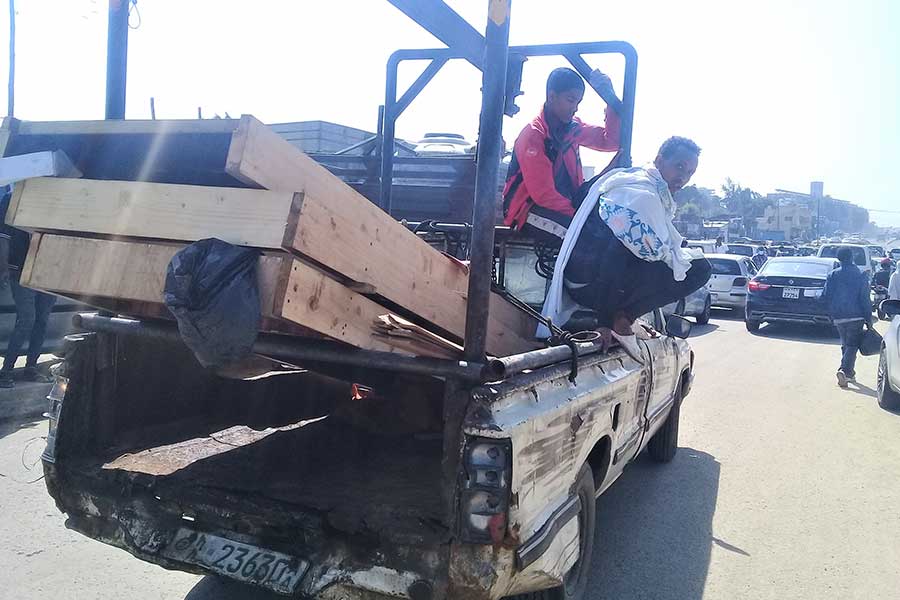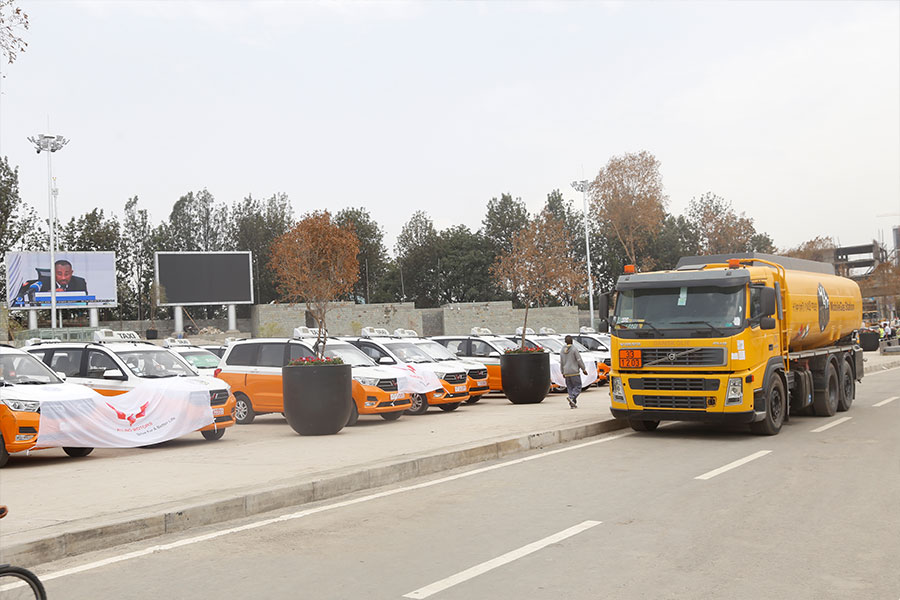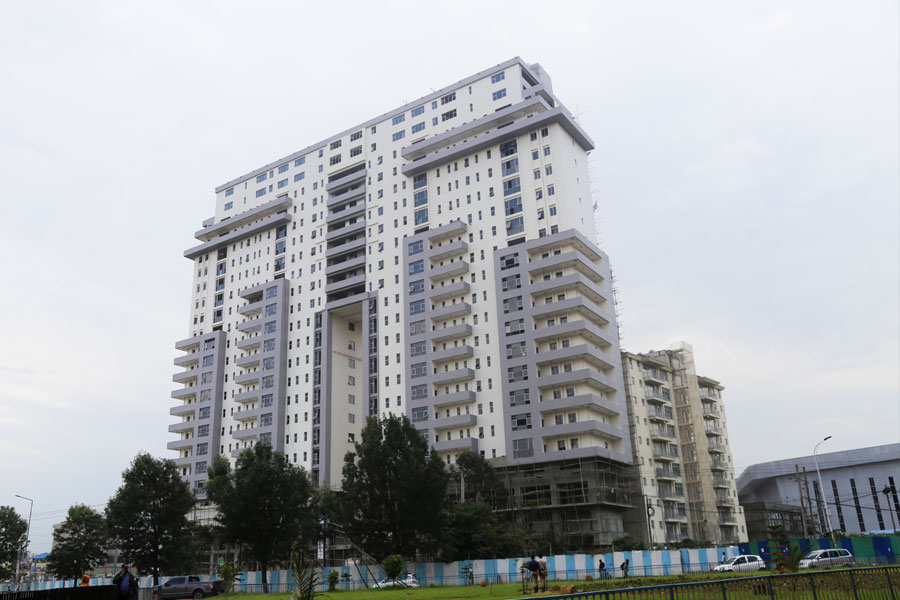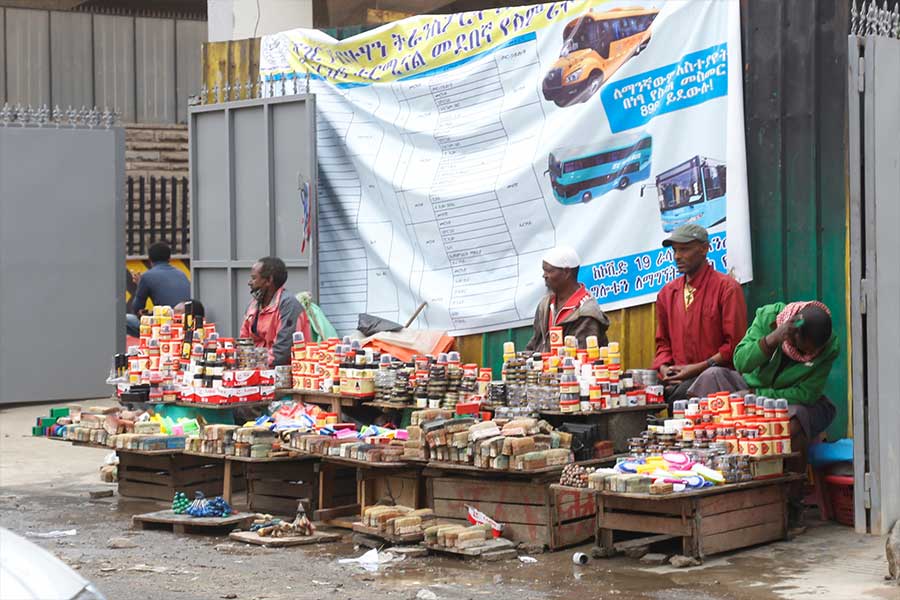
May 21 , 2022
By Michael R. Bloomberg , Damilola Ogunbiyi
Without international support, including investment at scale, African countries will not be able to expand energy access to all and still reach their climate goals. The alternative – an increased reliance on coal – would have devastating consequences, writes Michael R. Bloomberg, the United Nations Secretary-General’s Special Envoy on Climate Ambition and Solutions, and Damilola Ogunbiyi, CEO of Sustainable Energy for All.
Growing economies and growing populations mean growing energy needs. The international community must collaborate with developing countries to meet those needs through universal access to energy that is affordable, reliable, and clean. At the same time, we must enable a just and equitable transition away from coal and other fossil fuels, in accordance with the goals of the 2015 Paris climate agreement.
Nowhere is this truer than in Africa, which has rich solar- and wind-energy potential and has made great progress using other renewable sources, including hydro, geothermal, and biofuels. But without international support, including investment at scale, African countries will not be able to expand energy access to all and still reach their climate goals.
The alternative – increased reliance on coal – would have devastating consequences. Globally, coal is the single biggest contributor to climate change, and increasing coal use will make communities even more vulnerable to its effects. Burning coal and other fossil fuels also spews deadly chemicals into the air and water, contributing to the more than one million deaths globally from fossil-fuel combustion each year.
Choosing clean energy over coal will thus yield immediate health benefits. It will also create new jobs and spur economic growth. Coal is increasingly more expensive than solar and wind, even before its terrible and costly effects on public health are factored in. Because coal plants become even more expensive to operate as they age, the costs of investing in coal will only grow for many years to come. Meanwhile, Russia’s invasion of Ukraine has highlighted countries’ urgent need to reduce their reliance on imported fossil fuels.
Clean energy promises even greater opportunities in Africa, where many communities are removed from centralised grids and extending the grid to reach everyone may not be financially possible. Decentralised clean energy offers a faster and more affordable way to expand energy access, thereby spreading opportunity and further accelerating Africa’s economic growth. Mini-grids using solar and wind can fuel not only homes but also local hospitals, schools, businesses, and other critical community resources.
Wealthy countries – including the United States – have a responsibility to help Africa seize those opportunities. They have benefited from more than a century of carbon-intensive development that now puts populations in Africa and throughout the developing world at great risk. African countries, which account for two to three percent of current global carbon dioxide emissions, have contributed the least to the climate crisis but face the most devastating consequences.
In 2009, rich countries pledged to provide 100 billion dollars annually to help the developing world fight climate change and prepare for its effects, but that promise has never been fulfilled. That must change right away, but more must be done. Governments, multilateral banks, private investment firms, and philanthropists must increase their efforts to drive clean-energy financing to developing countries that may otherwise be forced to rely on carbon-intensive solutions.
At the ongoing 2022 Sustainable Energy for All Forum in Kigali, Rwanda, which brings together African and other global leaders, Bloomberg Philanthropies announced a new investment of 242 million dollars to speed up clean-energy progress in 10 developing countries. Four are in Africa: Kenya, Mozambique, Nigeria, and South Africa. Each of these countries has enormous renewable-energy resources and can set an example for others around the world.
In partnership with Sustainable Energy for All, the International Solar Alliance, and other organizations, this funding will help those countries turbocharge clean-energy investment and avoid having to build new polluting coal plants. Together, we will help countries develop smart policies, attract new financing, establish clean-energy pilot projects, engage the public to encourage leaders to embrace clean energy, and provide the data and research those leaders will need to frame the most effective policies.
We have seen that it is possible to reduce CO2 emissions and increase access to affordable, clean energy at the same time, and to do so quickly. Working with partners, Bloomberg Philanthropies’ Beyond Coal campaign has helped to close more than two-thirds of US coal plants and more than half of Europe’s. We must spread that success around the world.
There are promising clean-energy developments across Africa. For example, the presidency of last year’s United Nations Climate Change Conference (COP26) and the Energy Transition Council brought together governments, development institutions, and financiers to create a supportive investment framework for Nigeria’s Energy Transition Plan. Kenya’s electrification strategy has focused on a variety of renewable energy sources, tapping into multiple public and private funding channels and strategies for industrial, rural, and on-grid and off-grid alternatives to coal.
But we urgently need more action and investment, and the Sustainable Energy for All Forum is a chance to accelerate it. The event is reinforcing the importance of supporting Africa in its climate efforts and highlighting African leadership in the global Race to Zero emissions. All of this is happening in the lead-up to COP27 in Egypt this November – the first global climate summit in Africa since 2016.
African countries can show the way forward by powering their economies’ growth with clean energy. But they should not have to act alone.
PUBLISHED ON
May 21,2022 [ VOL
23 , NO
1151]

Advertorials | May 29,2023

Radar | Aug 14,2021

Radar | Jun 21,2021

Fortune News | Mar 16,2019

Fortune News | Jun 10,2023

Radar | May 23,2021

Fortune News | Jan 02,2021

Radar | Aug 14,2021

Fortune News | Jan 22,2022

Exclusive Interviews | Jan 05,2020

My Opinion | 131548 Views | Aug 14,2021

My Opinion | 127903 Views | Aug 21,2021

My Opinion | 125879 Views | Sep 10,2021

My Opinion | 123510 Views | Aug 07,2021

Dec 22 , 2024 . By TIZITA SHEWAFERAW
Charged with transforming colossal state-owned enterprises into modern and competitiv...

Aug 18 , 2024 . By AKSAH ITALO
Although predictable Yonas Zerihun's job in the ride-hailing service is not immune to...

Jul 28 , 2024 . By TIZITA SHEWAFERAW
Unhabitual, perhaps too many, Samuel Gebreyohannes, 38, used to occasionally enjoy a couple of beers at breakfast. However, he recently swit...

Jul 13 , 2024 . By AKSAH ITALO
Investors who rely on tractors, trucks, and field vehicles for commuting, transporting commodities, and f...

Jun 28 , 2025
Meseret Damtie, the assertive auditor general, has never been shy about naming names...

Jun 21 , 2025
A well-worn adage says, “Budget is not destiny, but it is direction.” Examining t...

Jun 14 , 2025
Yet again, the Horn of Africa is bracing for trouble. A region already frayed by wars...

Jun 7 , 2025
Few promises shine brighter in Addis Abeba than the pledge of a roof for every family...

Jun 29 , 2025
Addis Abeba's first rains have coincided with a sweeping rise in private school tuition, prompting the city's education...

Jun 29 , 2025 . By BEZAWIT HULUAGER
Central Bank Governor Mamo Mihretu claimed a bold reconfiguration of monetary policy...

Jun 29 , 2025 . By BEZAWIT HULUAGER
The federal government is betting on a sweeping overhaul of the driver licensing regi...

Jun 29 , 2025 . By NAHOM AYELE
Gadaa Bank has listed 1.2 million shares on the Ethiopian Securities Exchange (ESX),...